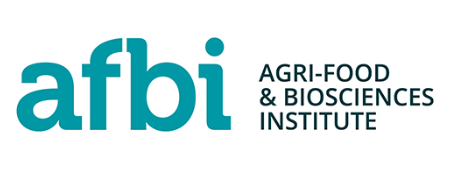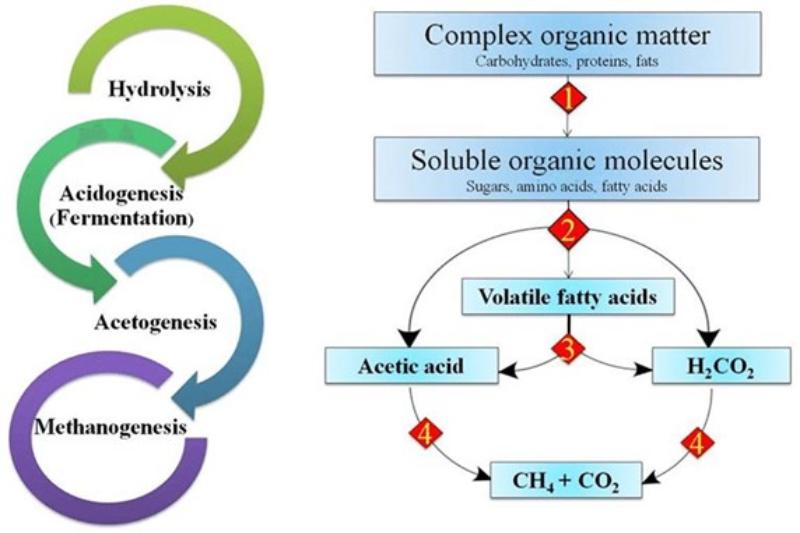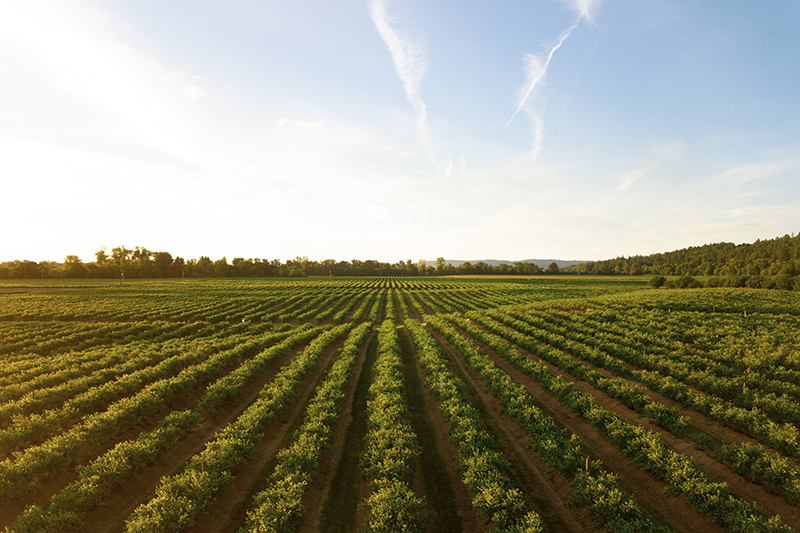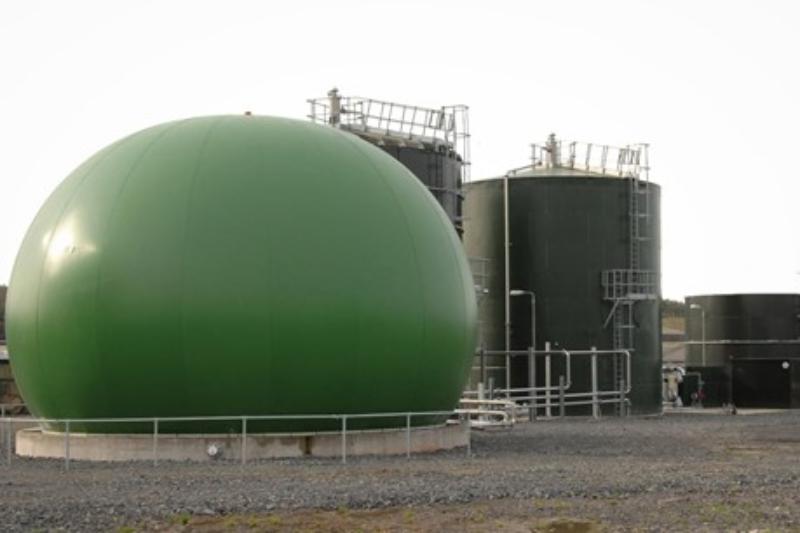Agri-Food & Biosciences Institute
|
The Agri-Food and Biosciences Institute (AFBI) was created on 1 April 2006 by joining the Science Service of the then Department of Agriculture and Rural Development with the Agricultural Research Institute of Northern Ireland (ARINI). AFBI is a DAERA non-departmental public body (NDPB). AFBI's NDPB status enables it to be innovative and entrepreneurial in its approach to business development. AFBI is managed by an independent Board which is also responsible for monitoring its performance. |
 |
AFBI carries out high technology scientific research and development, statutory, analytical, and diagnostic testing functions for DAERA and other Government departments, public bodies and commercial companies, and collaborates with local, national and international research institutes and universities.
AFBI employs staff from a wide range of science and technology disciplines covering three main areas of work:
- Improvements to animal production
- Animal and plant health
- Natural and marine environment
Within the work area of protection of the natural environment, AFBI is engaged in research, development and demonstration of applications which can serve to reduce polluting emissions to land, water and air as well as reducing energy related Green House Gas emission through technologies such as Anaerobic Digestion (AD).
Anaerobic digestion is a proven, well-tried and tested technology that converts organic matter to biogas in the absence of oxygen. Feedstocks for AD include sewage, animal manures, agricultural crops, animal by-products, organic wastes from industry (mainly from food processing) and the organic fraction of household waste. Within agriculture, anaerobic digestion is currently carried out on-farm, or in larger centralised AD plants.
|
The AFBI anaerobic digester. |
The AFBI Anaerobic Digester produces biogas which is combusted in a 95kW Combined Heat and Power engine. The power is used within the institute’s baseload and the heat ’by-product’ is distributed via a district heating pipeline. The resulting ‘Anaerobic Digestate’ is utilised on farm as a bio-fertiliser as it contains valuable carbon and crop macronutrients such as Phosphorus, Nitrogen and Potassium. |

The four phases of anaerobic digestion (Dussadee et al. 2016,
DOI: 10.5772/64961)
To find out more about AFBI, you can watch the video below:


